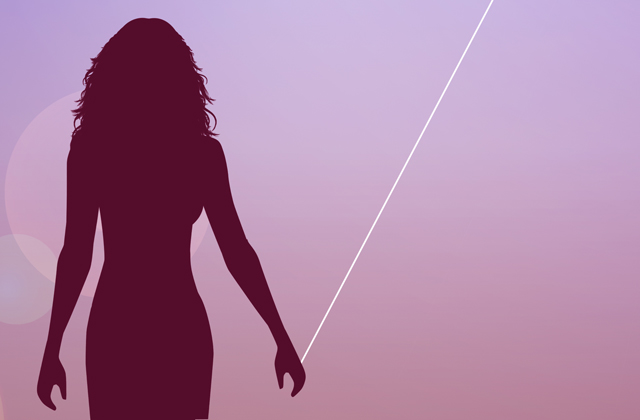Early menopause and fertility problems during childbearing may be experienced by women who had their first period at an early age, according to a recent study. For those in this category, it may be even more important to protect their fertility through a healthy lifestyle and perhaps begin the process of giving birth at a younger age. They could also, together with their doctor, consider the possibility of cryopreservation of eggs for future use.
In detail, the research findings:
Women are more likely to enter menopause early if their menstrual cycle appeared before they were 12 years old. This is the conclusion of the largest study on the issue, with a sample of 50,000 post-menopausal women in the UK, Australia, Japan and the Scandinavian countries.
On average, the first period appeared around 13 years and the last when women were 50. However, 14% of the sample had its first period before 12 and 10% had its last period before reaching the age of 45 years.
In order to determine if there was a link between early menarche and early menopause, researchers from the University of Queensland, Australia, conducted a statistical analysis and found that women who had their first period before closing 12 were 31% more likely to later have an early menopause – between 40 and 44 years.
Among women who had their first period when they were 13, only 1.8% had premature menopause (before 40), while 7.2% entered the menopause phase early. However, of the women who had their first period at age 11 or earlier, 3.1% had premature menopause and 8.8% had entered the menopause phase early.
As lead researcher Gita Mishra said, events in childhood may potentially reinforce this relationship: “We know, for example, that stress during childhood contributes to the appearance of the period earlier, but it could also affect the age of menopause.”
Childless women who had their first period before the age of 12 were 5 times more likely to have premature menopause than women who had 1 or 2 children and had their first period at 12 years or later.
Often, these women have found it difficult to become pregnant, says Mishra, suggesting that there is a link between early menarche, infertility and early menopause. If a woman enters menopause in her 30s, it means her fertility may have begun to deteriorate from the previous decade of her life.
As Professor William Ledger points out, research suggests a link between early menarche and early menopause, but this relationship does not seem to be so strong that it is of much concern. And she adds that women should be aware that menopause may come earlier if they have had their first period at an early age. This will allow them to make changes to their plans and perhaps try earlier for a child. They may also refrain from smoking, which is known to aggravate the possibility of early menopause.






